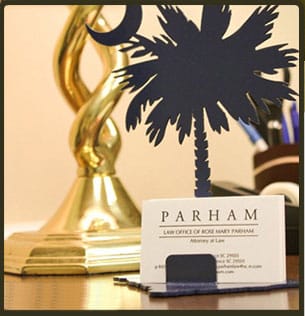If a South Carolina resident is under suspicion of drinking and driving, they may be asked to complete a field sobriety test. These tests are designed to determine if a person is under the influence. However, there are a lot of myths surrounding them that make it difficult for people to understand exactly what a field sobriety test is and how it works.
First of all, field sobriety tests are not guaranteed to be correct. The National Institutes of Health stated that field sobriety tests are not an accurate tool of measurement. This was shown in a lab study in which field sobriety testing determined that 32 percent of participants were over the legal limit when they were not. Often times, it’s even possible for multiple officers to come to different conclusions about the same person.
FindLaw also shares that there are two different types of field sobriety tests, and one may be more subjective than the other. Standardized field sobriety tests have a strict set of guidelines that can be used by officers to ensure they’re all judging based on the same criteria. Non-standardized tests can be dismissed more easily in court, since there isn’t a universal way of judging them. However, even with a set of rules regulating standardization, field sobriety tests still sometimes lack dependability.
In the end, breath and blood tests are generally considered the most accurate way of gauging whether or not a person is really above the legal limit. Anyone who received and failed a field sobriety test may be able to discard that in court as inaccurate.


